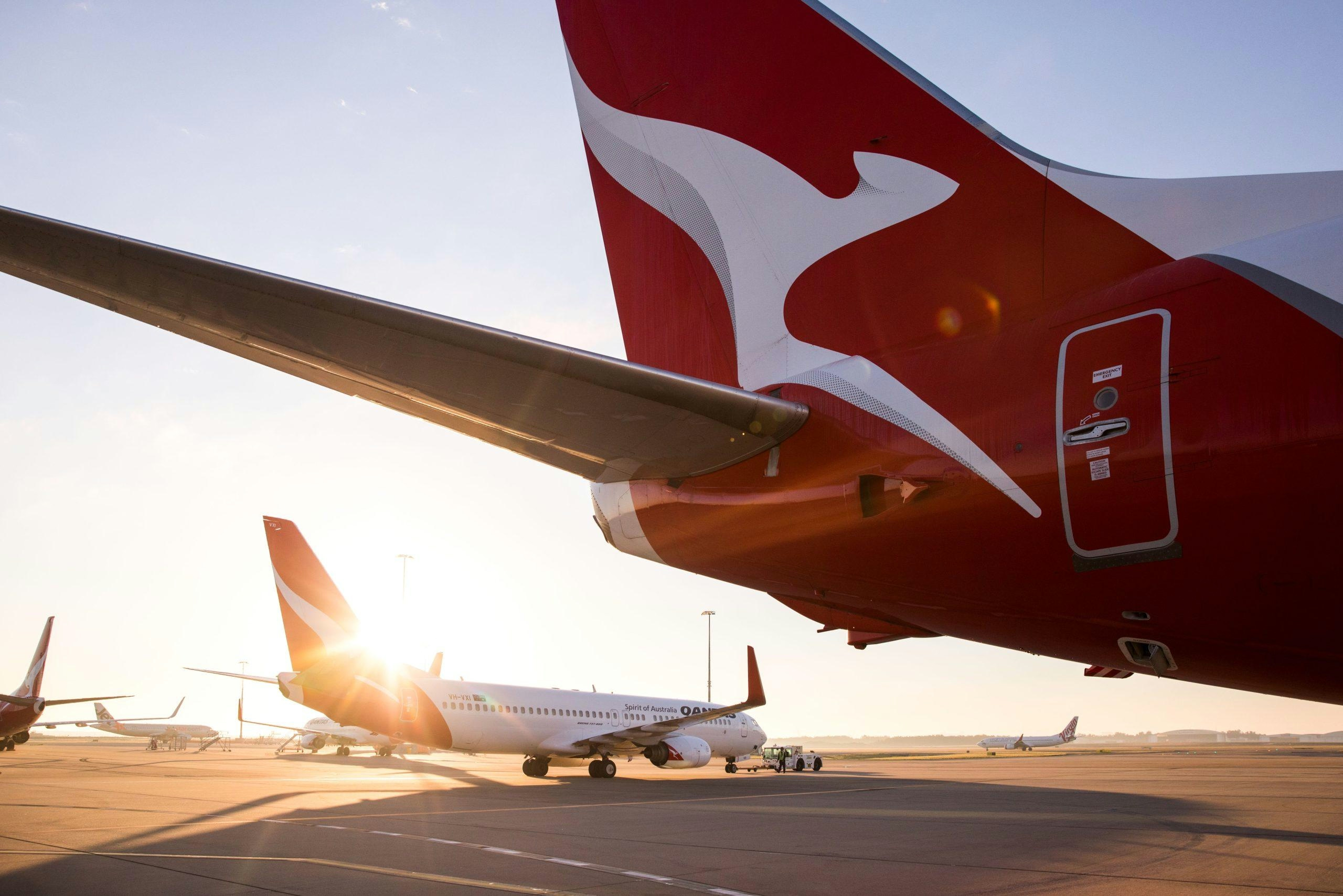AeroGenie — Il tuo copilota intelligente.
Tendenze
Categories
Air New Zealand, Delta, Singapore Airlines, and Qantas Partner with OpenAI to Enhance Operations and Customer Experience

Air New Zealand, Delta, Singapore Airlines, and Qantas Partner with OpenAI to Enhance Operations and Customer Experience
Major international carriers Air New Zealand, Delta Air Lines, Singapore Airlines, and Qantas Airways have embarked on a significant digital transformation by partnering with OpenAI to integrate artificial intelligence (AI) into their core operations. This collaboration is designed to enhance operational efficiency, streamline customer service, and deliver more personalized travel experiences, positioning these airlines at the forefront of technological innovation within the aviation sector.
Air New Zealand’s AI Integration
Air New Zealand has taken a leading role in the Asia-Pacific region by deploying AI tools developed in partnership with OpenAI across its corporate functions. The airline has introduced “Companion AI” to 3,500 corporate employees, utilizing OpenAI’s ChatGPT Enterprise to automate routine tasks, support data-driven decision-making, and boost overall productivity. To further optimize internal workflows, Air New Zealand has developed over 1,500 custom GPT models tailored to specific operational needs.
Beyond internal applications, AI is being employed to enhance customer self-service options and to integrate data for more effective operational planning. In critical areas such as maintenance and safety, AI-powered tools assist in reducing operational risks and enable real-time responses to emerging issues. These initiatives underscore Air New Zealand’s commitment to innovation and its strategic focus on maintaining competitiveness in a rapidly evolving industry landscape.
Delta Air Lines: Personalization and Efficiency
Delta Air Lines is leveraging AI to improve both operational performance and customer experience. The airline employs AI-driven algorithms to facilitate real-time pricing adjustments, personalized travel recommendations, and customized service offerings. In flight operations, AI supports the prediction of delays, optimization of routes, and enhancement of fuel efficiency. Delta’s transition to cloud-based infrastructure has allowed for more flexible and scalable AI applications, including dynamic pricing models that adjust fares based on demand fluctuations and individual customer profiles.
Industry-Wide Adoption and Emerging Challenges
Singapore Airlines and Qantas have also integrated OpenAI’s technologies to elevate customer engagement and streamline their operational processes, reflecting a broader industry trend toward AI-driven transformation. However, the integration of advanced AI systems into existing airline infrastructures presents considerable challenges. Airlines must manage complex technical integrations while ensuring robust data security, particularly in light of recent cybersecurity incidents. Additionally, regulatory scrutiny is intensifying, especially concerning AI’s role in dynamic pricing and its implications for market fairness.
Regulators and consumer advocacy groups have increased their focus on the transparency and fairness of AI-powered pricing models. For instance, Delta’s use of AI in fare-setting has attracted attention regarding its potential impact on consumer trust. Meanwhile, competitors are responding by adopting similar AI strategies or seeking to differentiate their services, thereby intensifying the competition for technological leadership in the aviation industry.
The Future of AI in Aviation
As these airlines deepen their collaborations with OpenAI and other technology providers, artificial intelligence is poised to become a central element in shaping the future of air travel. While the advantages of enhanced efficiency, improved customer service, and strengthened safety are evident, airlines must also address the challenges related to system integration, cybersecurity, and public trust to fully harness AI’s transformative potential within the sector.

Emirates Unveils Cabin Design for New Boeing 777X

Eighteen Years On, the Airbus A380 Remains Central to a $34 Billion Airline

How a boom in luxury airline seats is slowing down jet deliveries

Navitaire Outage Attributed to Planned Maintenance

DigiYatra Debuts Outside Aviation at India AI Impact Summit

Vietnam Orders Strengthen Boeing’s Commercial Outlook

Airbus Signals Uncertainty Over Future A400M Orders

JobsOhio Awards $2 Million Grant to Hartzell Propeller for Innovation Center

Collins Aerospace Tests Sidekick Autonomy Software on YFQ-42A for U.S. Air Force CCA Program

How the Airbus A350-1000 Compares to the Boeing 777
